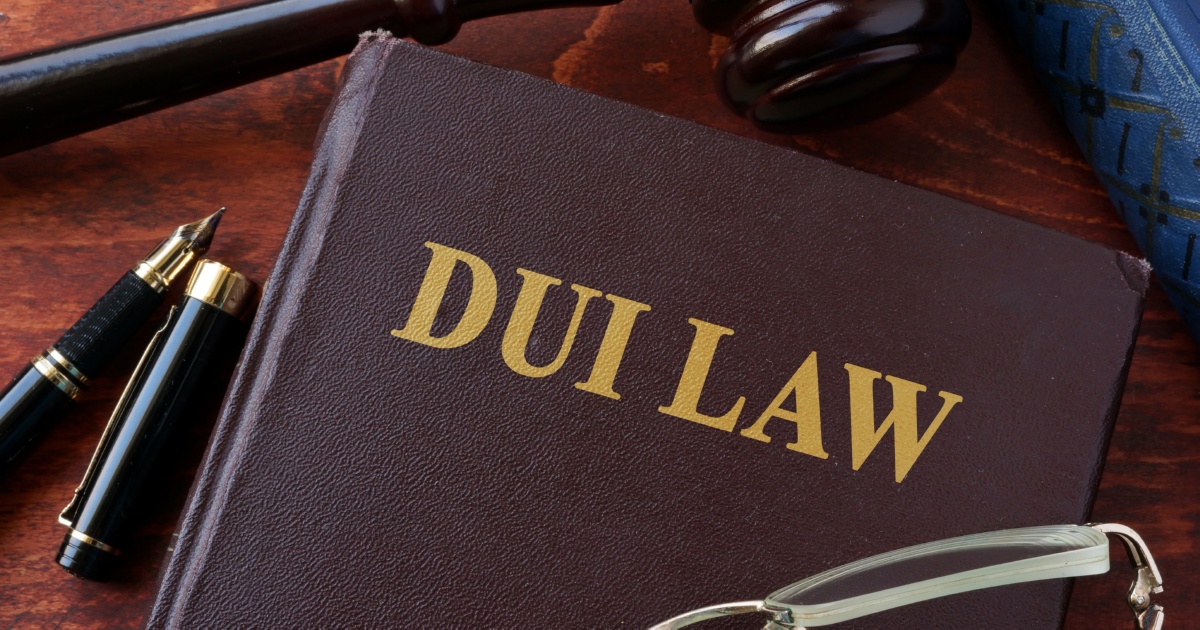One of the worst feelings in the world is seeing blue emergency lights in your rear-view mirror. What did you do wrong? The situation can become increasingly troublesome if you were out for a night on the town. If you drank too much and are stopped by a law enforcement officer, plenty of questions will circulate in your mind.
One of the most common questions is what happens if you refuse to blow or give blood? The experienced Florida DUI lawyer team from O’Halloran & Foley explains the consequences of failing to blow or give blood so you have a better understanding.
Florida Implied Consent Law
Florida operates using an implied consent law, which means that anyone who accepts the privilege of driving in Florida also gives law enforcement consent to conduct breath, blood, or urine tests to determine a person’s alcohol levels. The implied consent law also permits law enforcement to test for controlled substances should a person be arrested for driving under the influence.
Penalties for Refusing to Blow or Give Blood
The penalties for refusing to blow or give blood when suspected of DUI include the following:
- 1st refusal comes with a driver’s license suspension of up to one year
- 2nd refusal can be a criminal charge and comes with a driver’s license suspension of up to 18 months, either 12 months of probation or one year in jail, a first-degree misdemeanor charge, and a fine up to $1,000

Once you refuse to blow or give blood, the police officer who initiated the DUI traffic stop must inform you about the penalties for a refusal.
It is possible to receive a hardship from the Florida Department of Motor Vehicles, but most license suspensions come with a 90-day no mercy period. This means that you will be unable to receive the hardship ruling for those 90 days no matter the circumstances. If you have a suspension on your record for refusing to blow, the DMV does not grant hardship licenses.
Ineligible for Diversion Programs
Another consequence of refusing to blow or give blood when faced with a DUI investigation is that you automatically become ineligible for the Florida driver diversion program. This program is available to first-time DUI offenders and helps reduce sentencing. However, if you refuse to blow or give blood you are no longer eligible to take part in this program, which means your sentencing could be harsh. Being able to participate in a diversion program often leads to having the initial DUI charge dropped from your record if you successfully complete the program. This is why you should always consult with an experienced Florida DUI lawyer.
Arrested for Suspicion of DUI in Florida? Call a Florida DUI Lawyer
If you have been arrested for suspicion of DUI in Florida it’s in your best interest to speak with a Florida DUI lawyer about your situation. Call the office of O’Halloran & Foley at (941) 639-6009 to schedule a consultation today. The consequences of failing to blow or give blood are too risky to fight on your own. You need experienced legal representation to guide you along the way.

